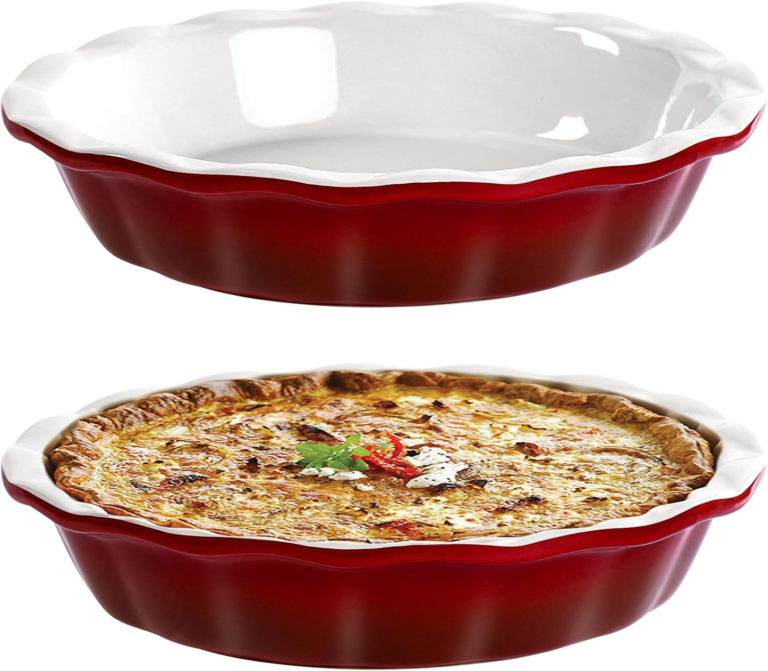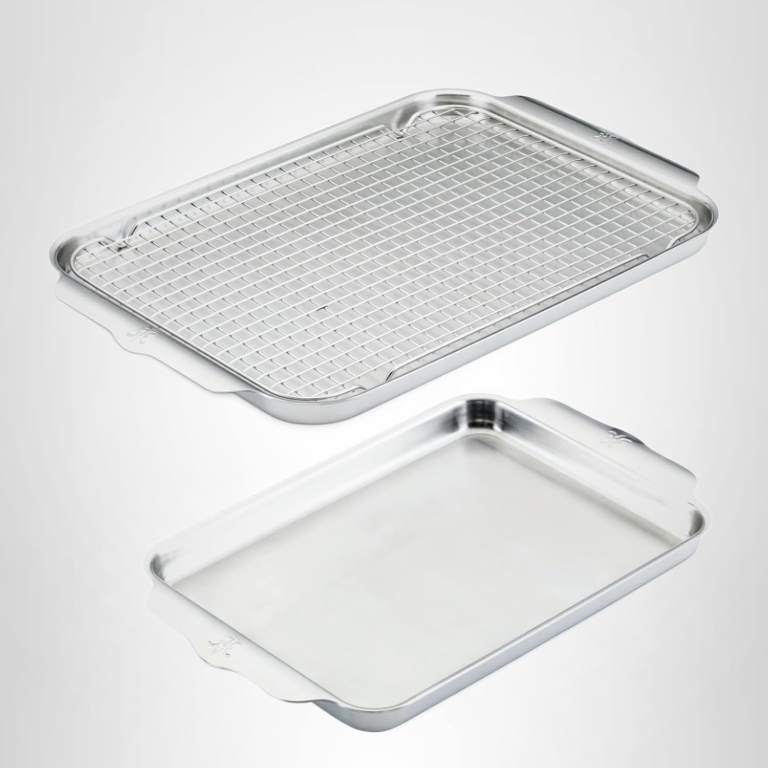5 Best Healthy Cooking Oils for Everyday Use
In today’s health-conscious world, selecting the right cooking oil can make a significant difference in your meals’ nutritional value, flavor, and overall heart health. Not all oils are created equal—some are rich in heart-healthy monounsaturated fats, while others offer anti-inflammatory benefits or high smoke points for versatile cooking. With rising awareness of omega-3s, antioxidants, and sustainable sourcing, 2025’s top picks emphasize quality and science-backed benefits.
Based on expert recommendations from nutritionists and recent studies, here are the 5 best healthy cooking oils. We’ll cover their key benefits, ideal uses, and why they stand out. Remember, moderation is key—aim for 1-2 tablespoons per day to reap the rewards without excess calories.
1. Extra Virgin Olive Oil (EVOO)
Extra virgin olive oil reigns supreme as a Mediterranean diet staple, praised for its robust flavor and potent health perks. It’s packed with oleic acid, a monounsaturated fat that supports heart health by lowering bad cholesterol levels. EVOO is also loaded with antioxidants like polyphenols, which combat inflammation and may reduce the risk of chronic diseases such as diabetes and certain cancers.
- Smoke Point: 375–410°F (190–210°C)—great for sautéing, dressings, and low-heat baking.
- Best For: Salads, drizzling over veggies, or light stir-fries.
- Pro Tip: Choose cold-pressed varieties for maximum nutrient retention.
2. Avocado Oil
Derived from ripe avocados, this oil is a nutrient powerhouse with a buttery taste that’s milder than olive oil. It’s exceptionally high in monounsaturated fats (about 70%), which help maintain healthy blood pressure and improve skin health. Avocado oil shines with its vitamin E content, acting as a natural preservative and supporting immune function.
- Smoke Point: 520°F (271°C)—one of the highest, making it ideal for high-heat methods like frying or grilling.
- Best For: Roasting meats, searing fish, or even baking.
- Pro Tip: Opt for unrefined for the best flavor, but refined versions handle extreme heat better.
3. Walnut Oil
For those seeking omega-3s in a plant-based form, walnut oil is a game-changer. It’s rich in alpha-linolenic acid (ALA), an essential fatty acid that promotes brain health and reduces inflammation. Studies link regular walnut oil consumption to improved cognitive function and lower cardiovascular risks, thanks to its polyphenol antioxidants.
- Smoke Point: 320°F (160°C)—best for no-heat or low-heat applications.
- Best For: Salad dressings, marinades, or finishing dishes.
- Pro Tip: Store in the fridge to prevent rancidity, as its high polyunsaturated fats are sensitive to light and air.
4. Flaxseed Oil
Often called a “superfood oil,” flaxseed oil is one of the richest plant sources of omega-3s, providing up to 57% ALA to support everything from joint health to hormonal balance. It’s also a good source of lignans, plant compounds with potential cancer-fighting properties, making it a favorite for vegan diets.
- Smoke Point: 225°F (107°C)—not for cooking; use raw only.
- Best For: Smoothies, drizzling on yogurt, or mixing into dips.
- Pro Tip: Grind fresh flaxseeds for similar benefits if oil isn’t available, and always buy in dark bottles to preserve potency.
5. Grapeseed Oil
Extracted from grape seeds (a win for sustainability), grapeseed oil offers a neutral flavor and a favorable fatty acid profile with high levels of polyunsaturated fats, including linoleic acid for skin hydration and wound healing. It’s vitamin E-rich and may aid in cholesterol management when used in place of saturated fats.
- Smoke Point: 420°F (216°C)—versatile for everyday cooking.
- Best For: Stir-frying veggies, popping popcorn, or general sautéing.
- Pro Tip: Look for cold-pressed options to avoid chemical processing and retain more nutrients.
Why These Oils Matter and How to Incorporate Them
Switching to these oils can elevate your cooking while protecting your health—research shows they can lower inflammation markers and support weight management when part of a balanced diet. Start by swapping out processed vegetable oils, and experiment with blends for custom flavors. Always check labels for purity, and consult a doctor if you have specific health conditions.
By choosing these top oils, you’re not just cooking—you’re investing in longevity. What’s your go-to oil? Share in the comments!



